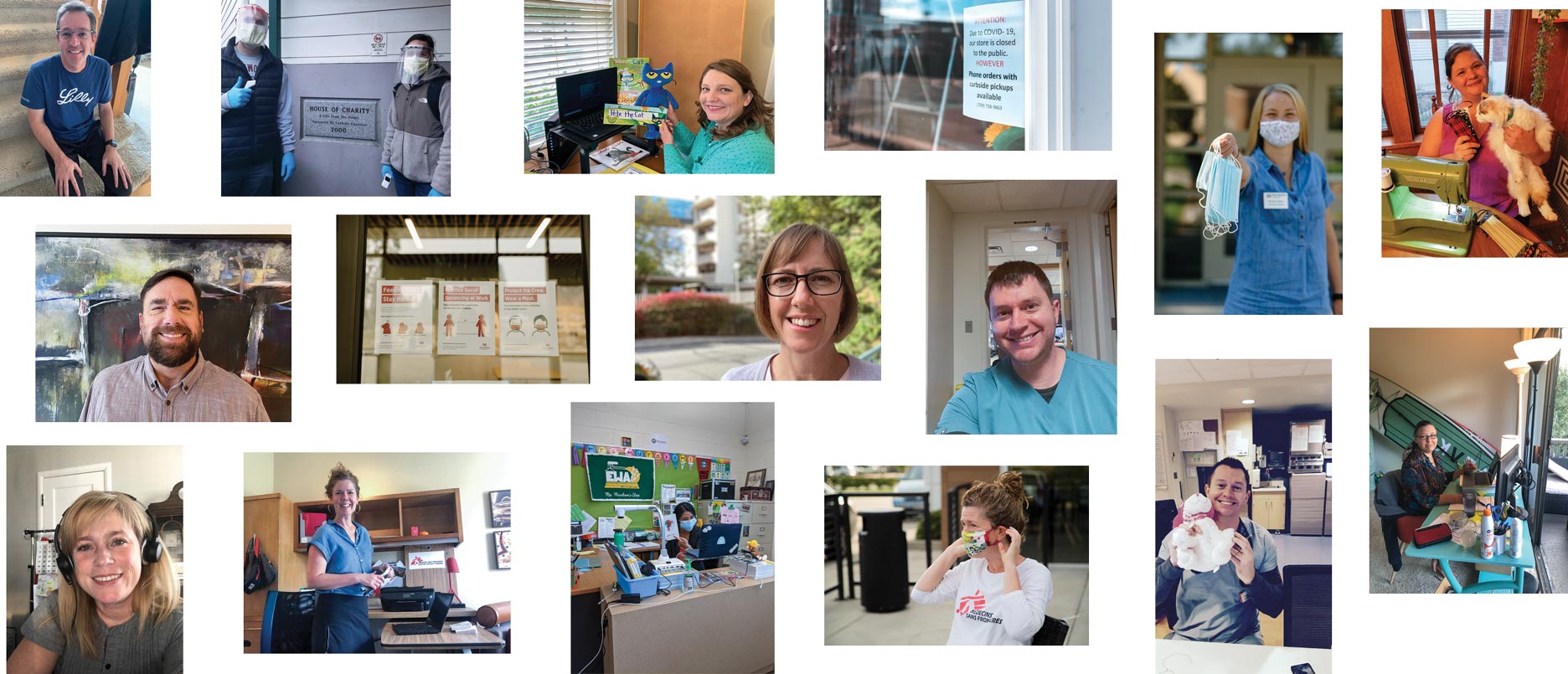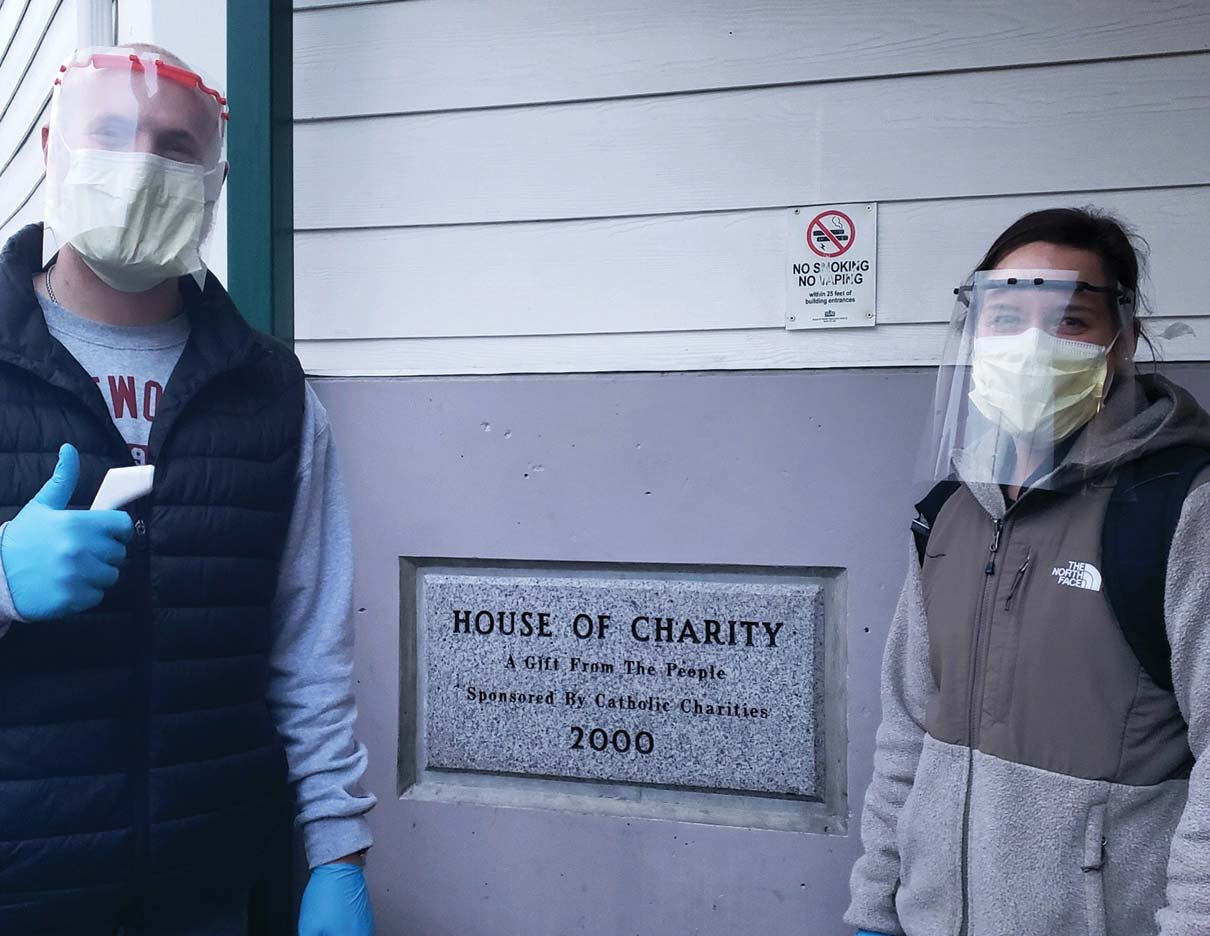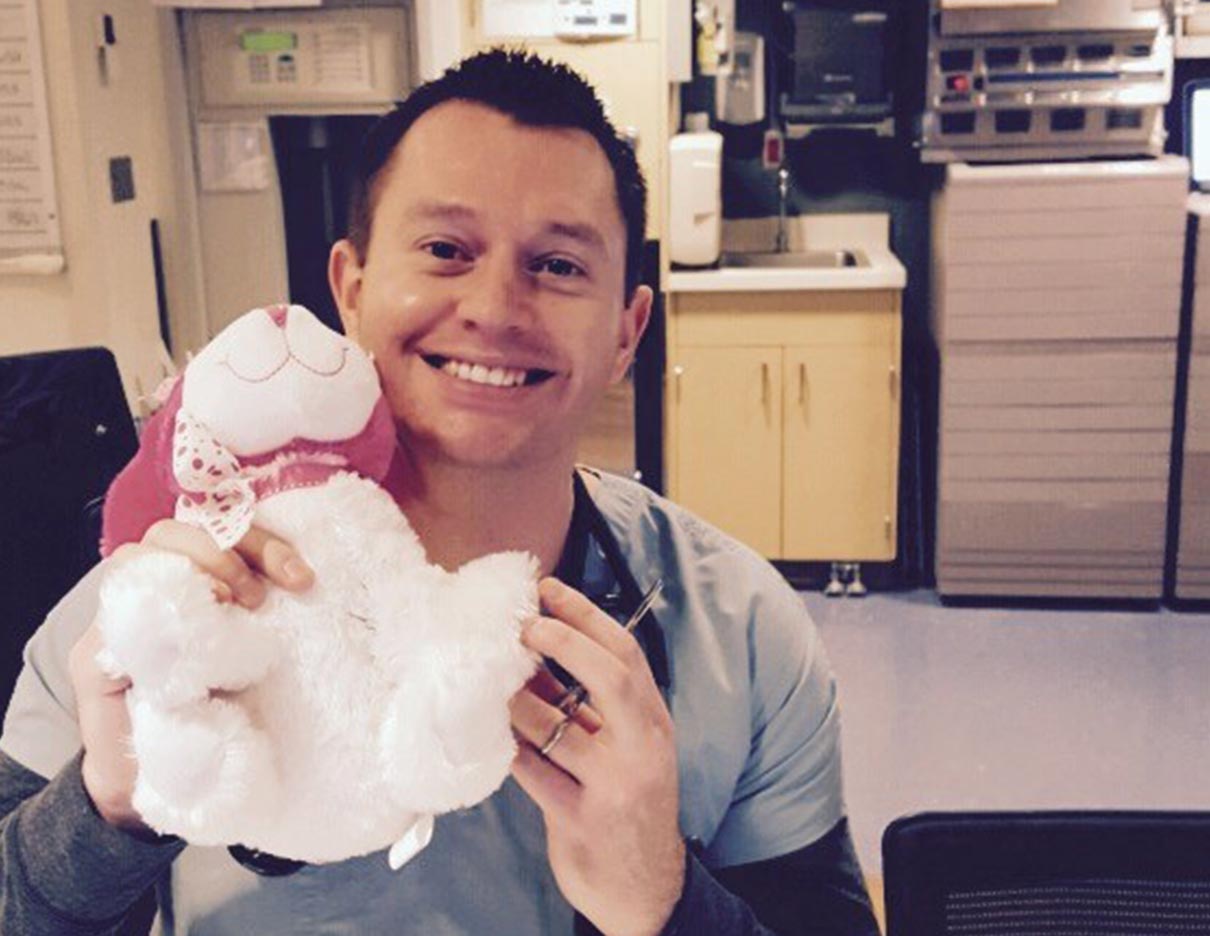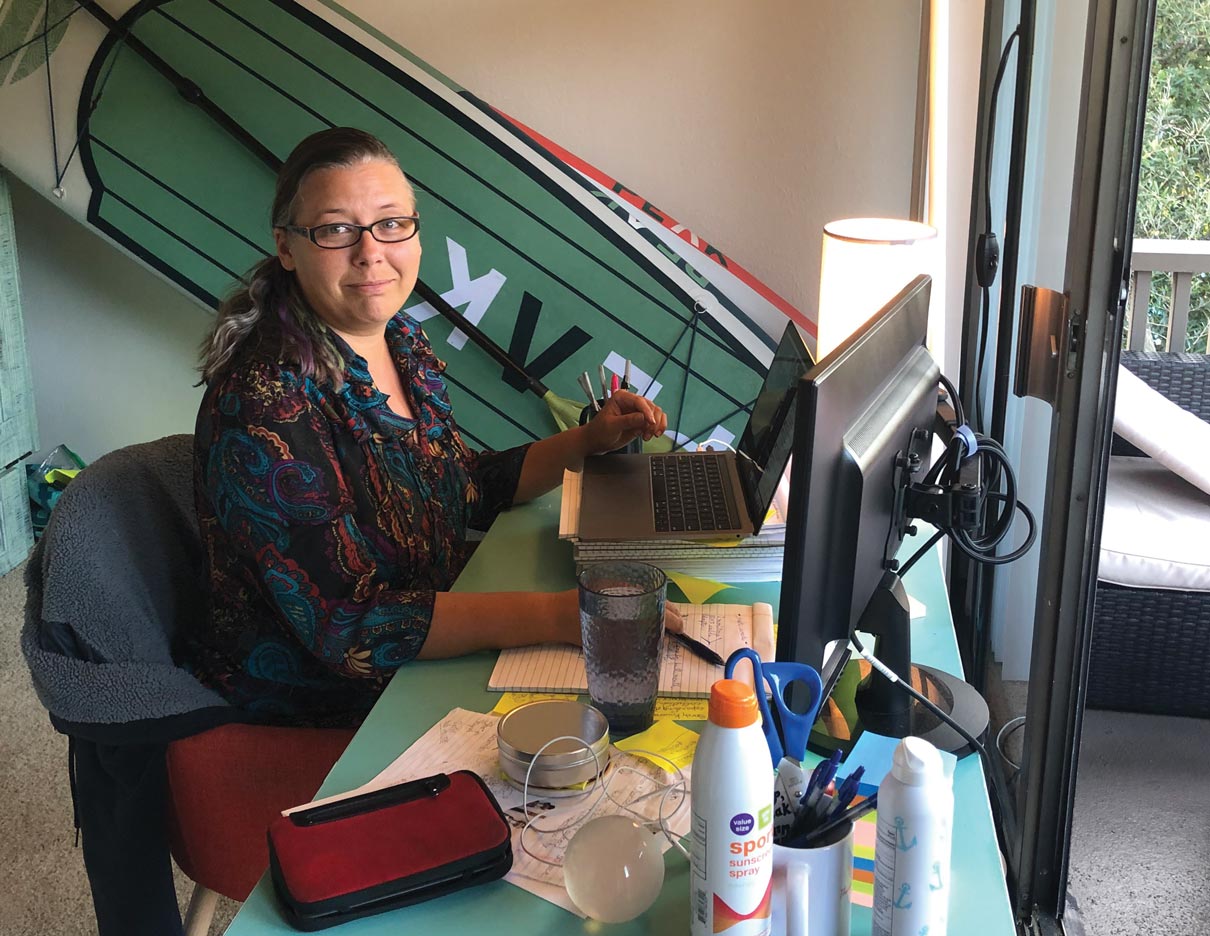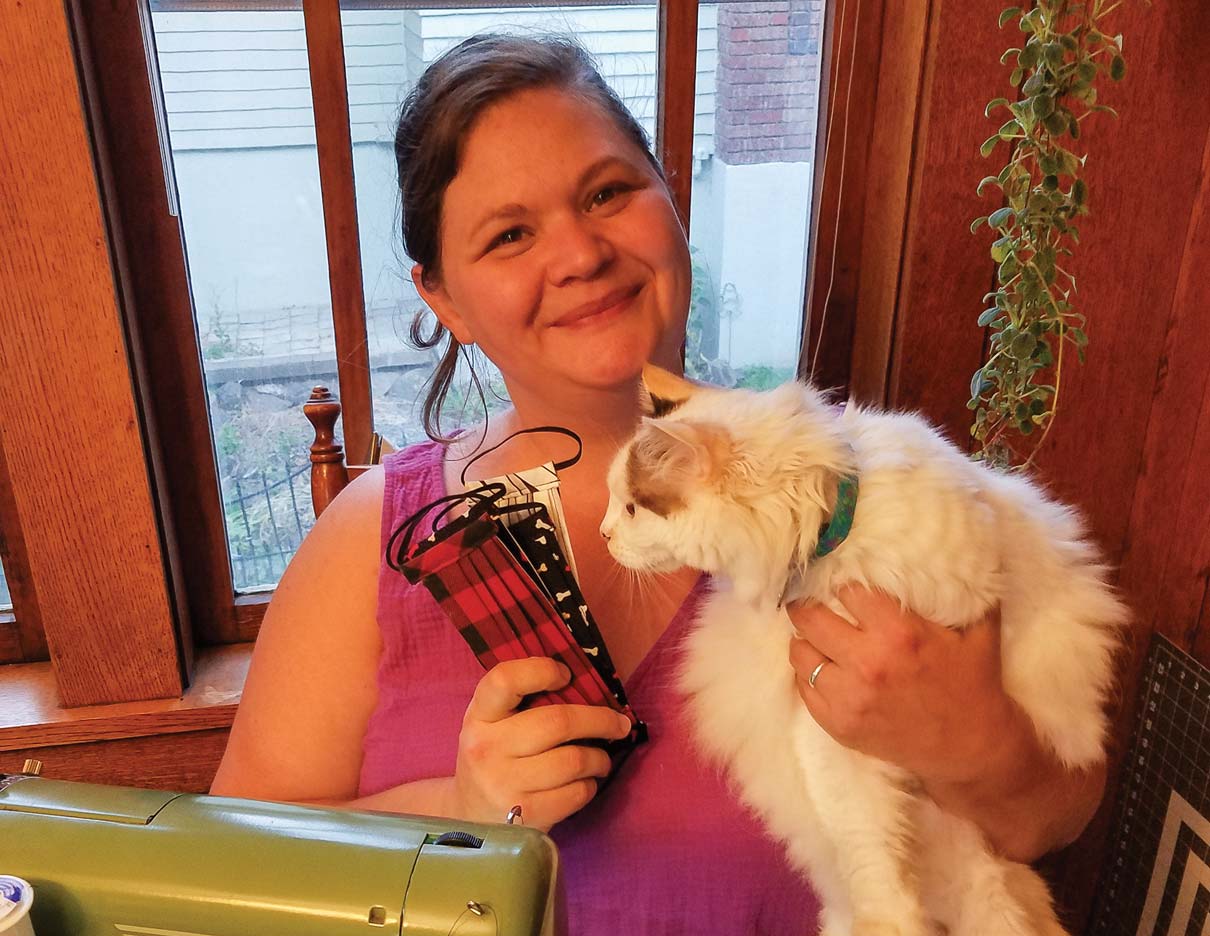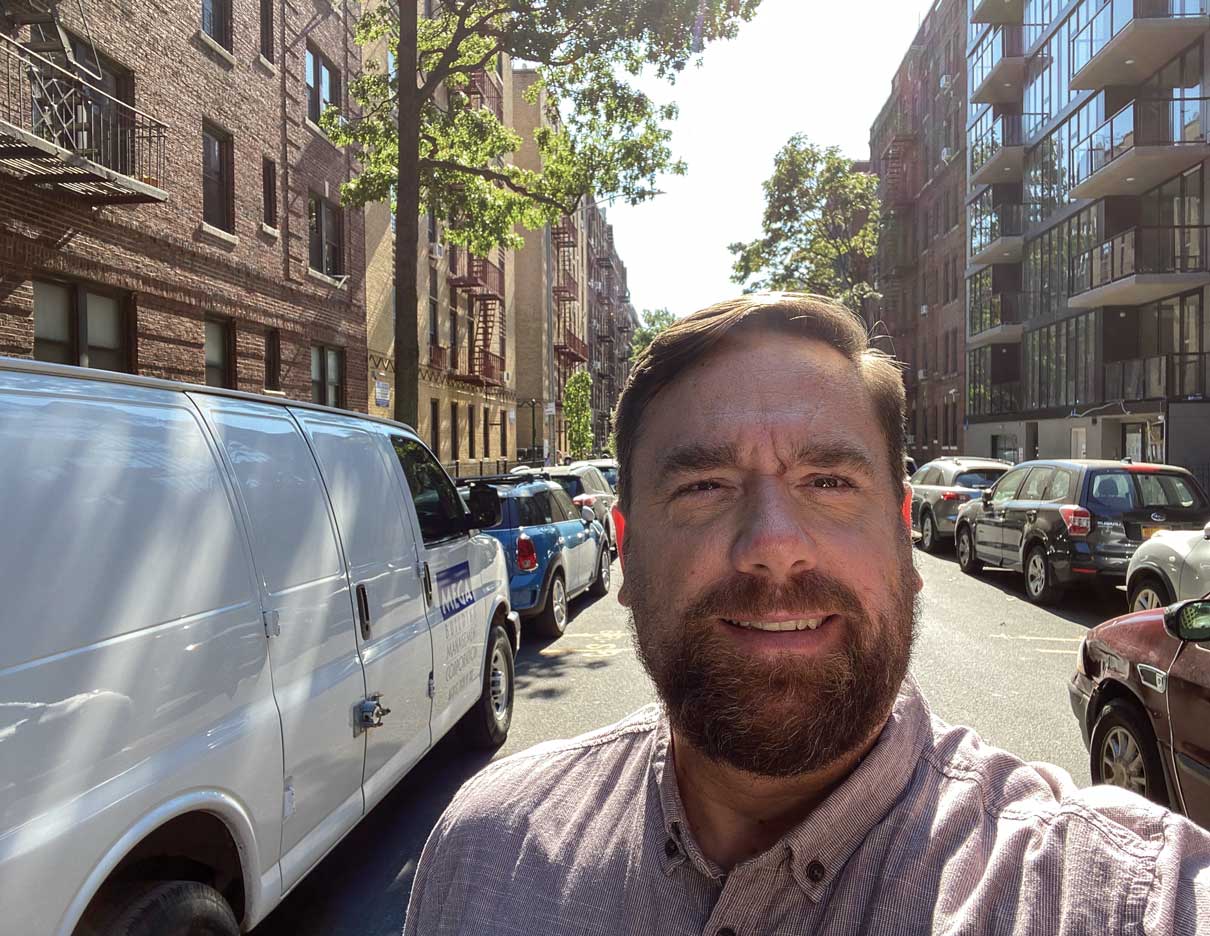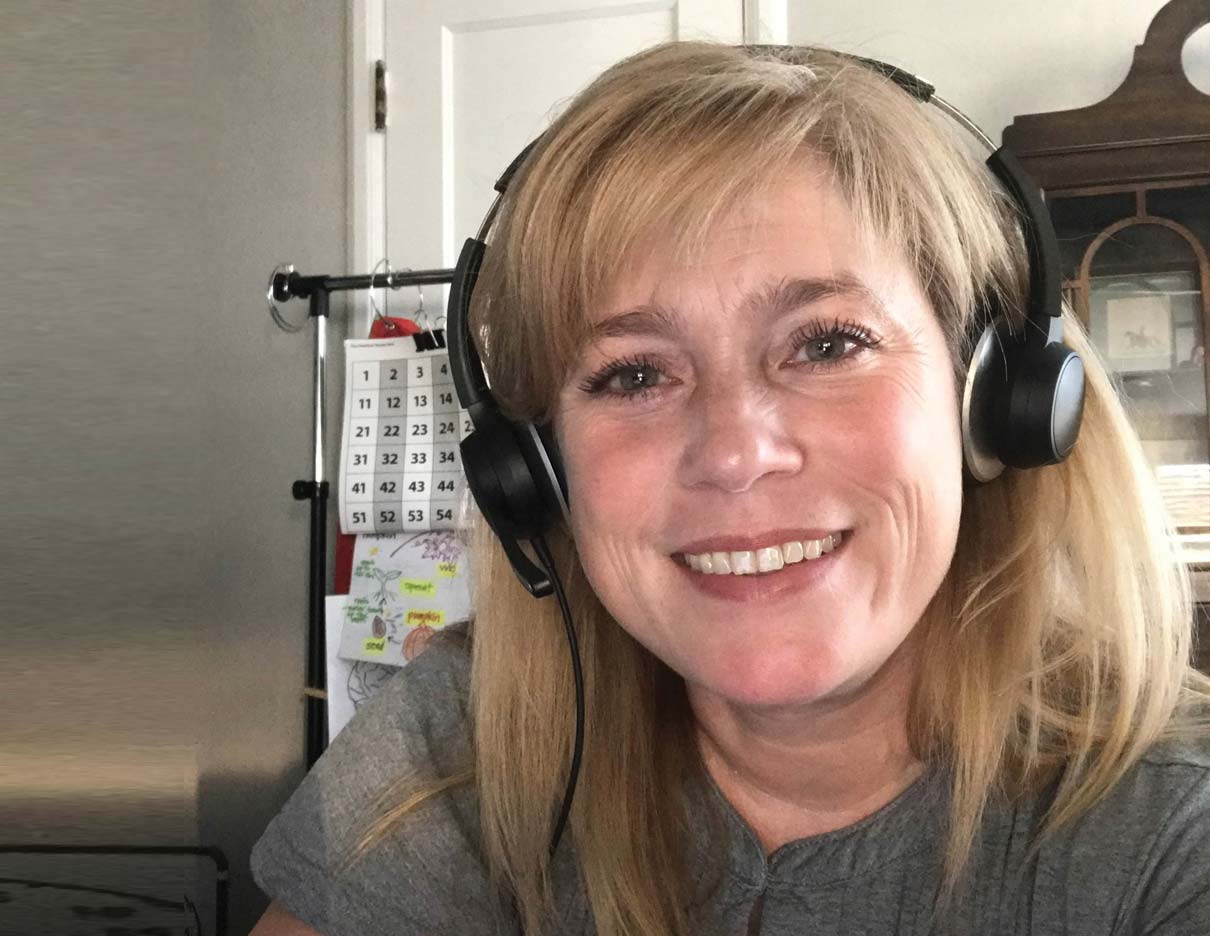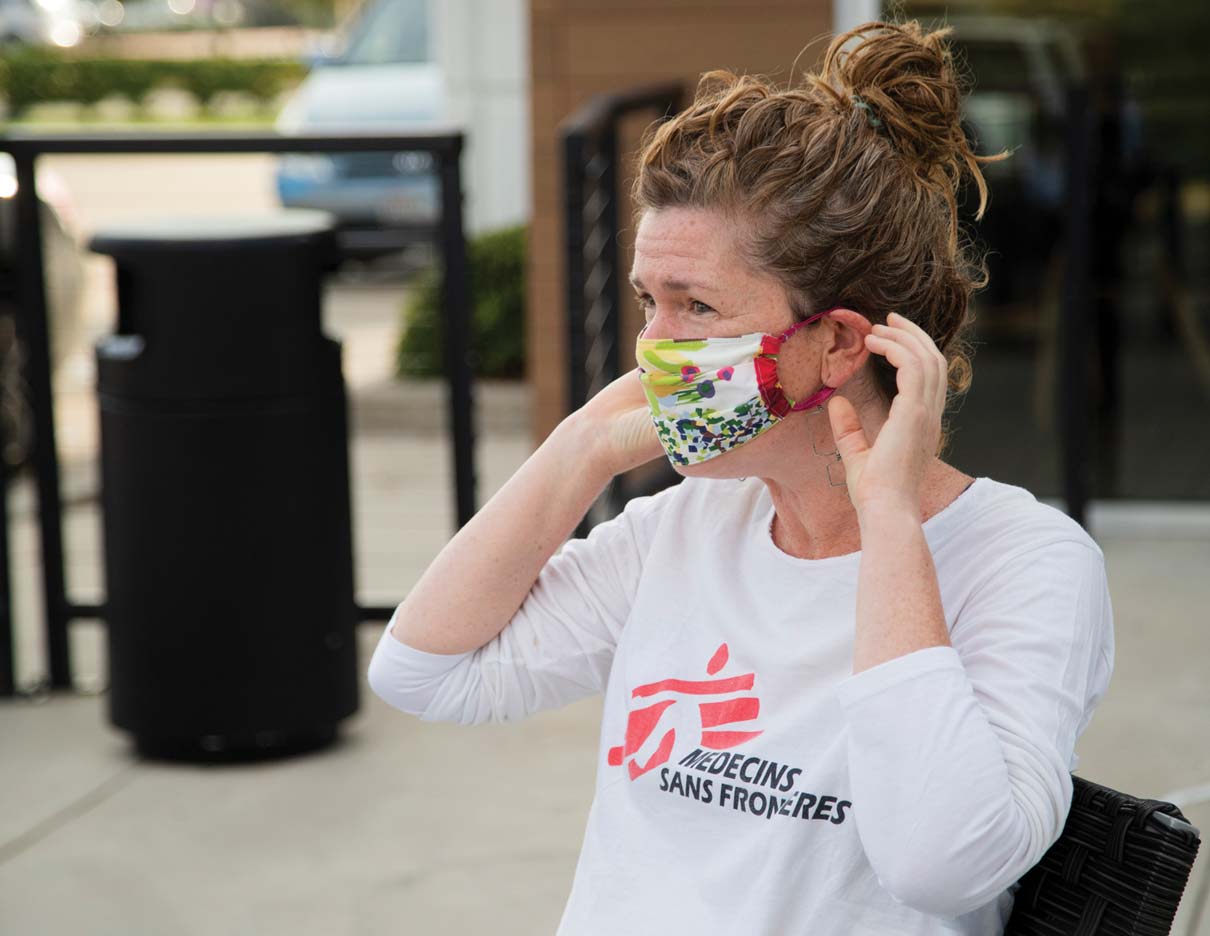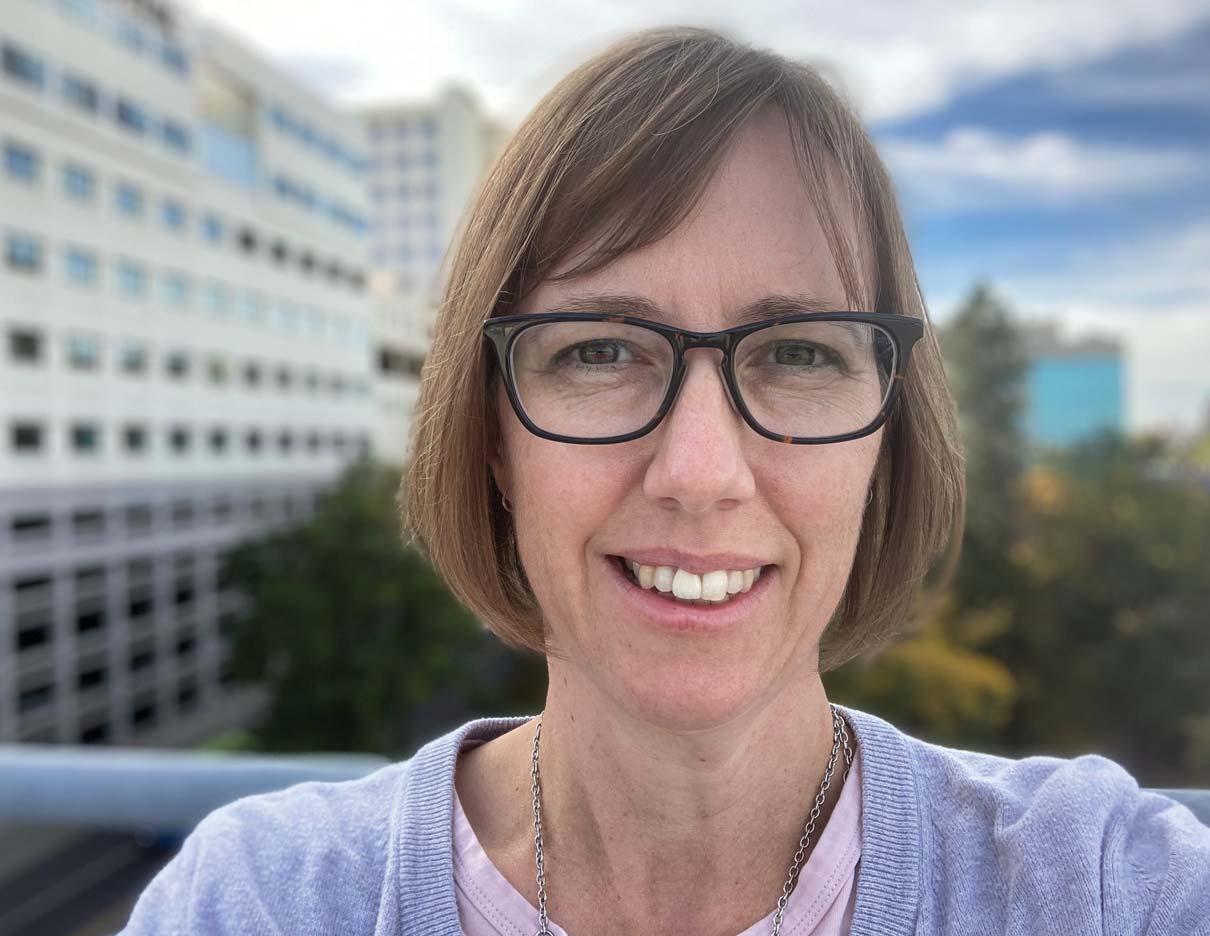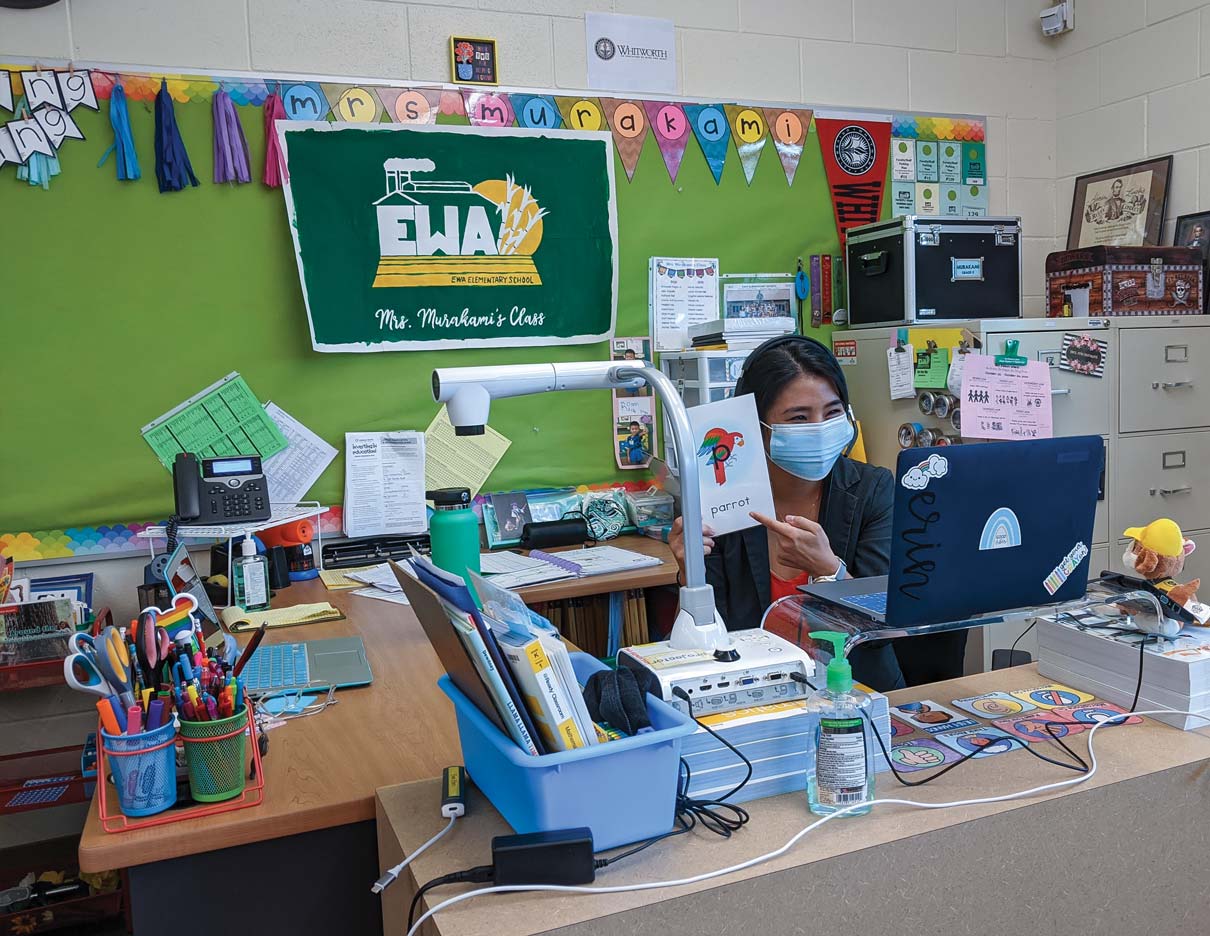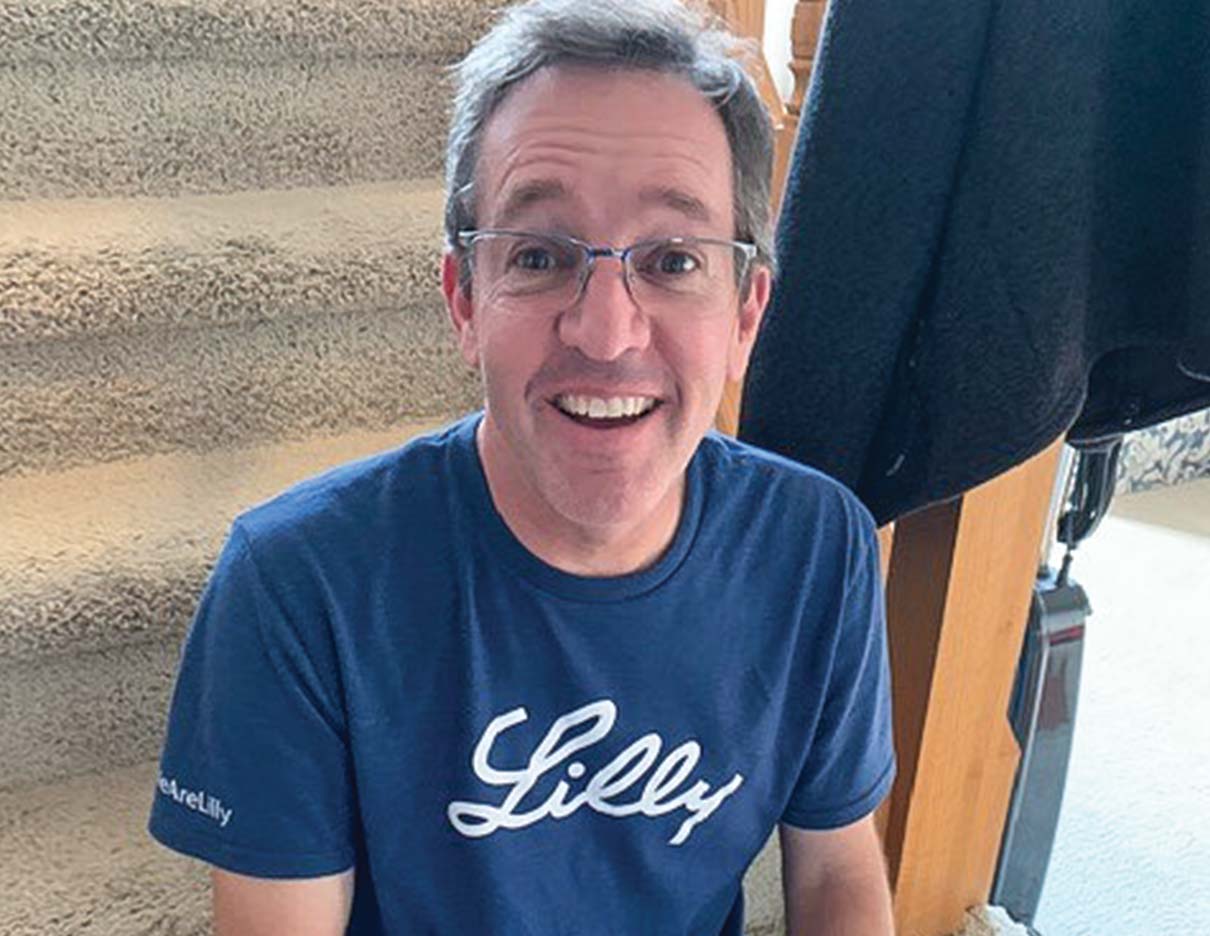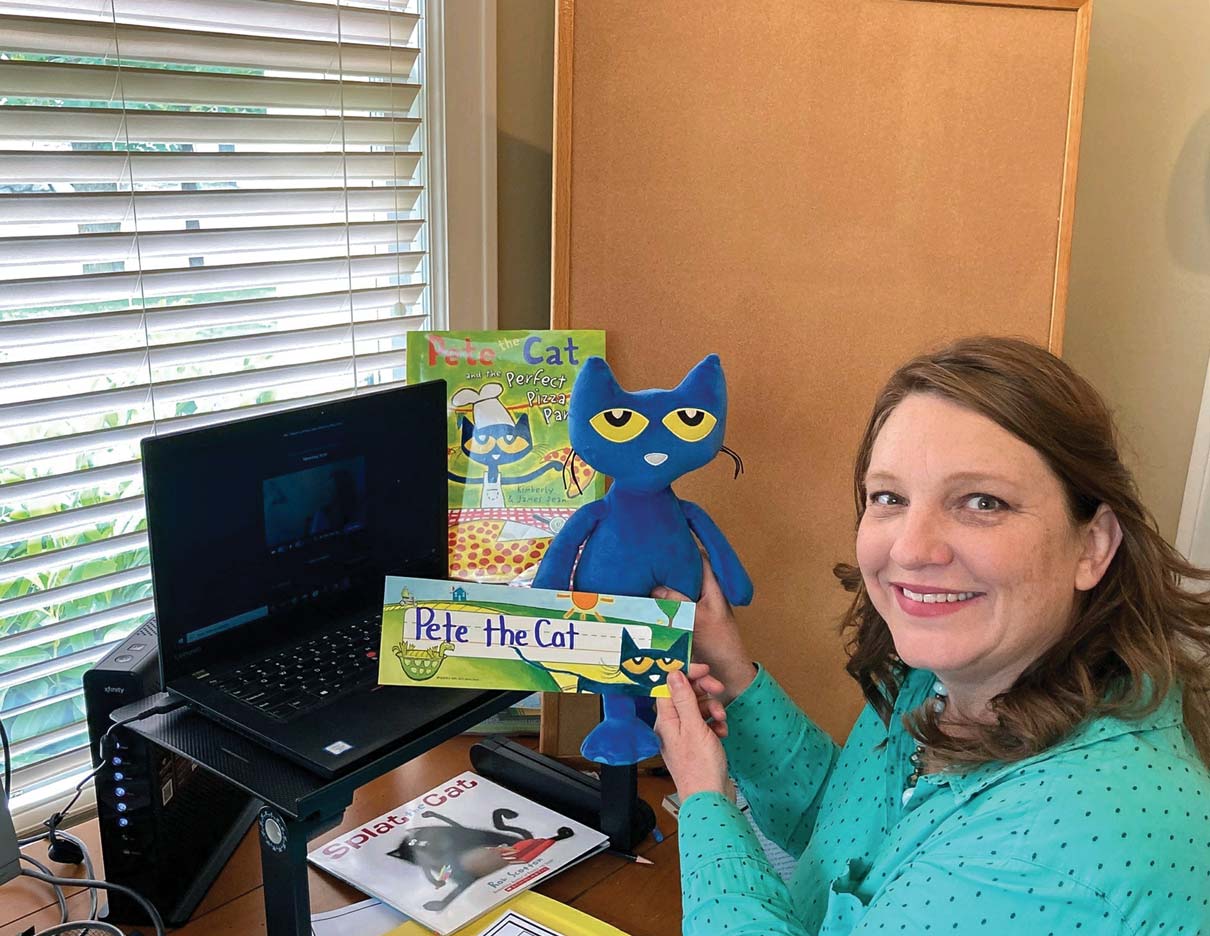Providing Help, Finding Hope
By Megan Jonas
The late children's television host and Presbyterian minister Fred Rogers' advice to "look for the helpers" is often cited in times of crisis. "If you look for the helpers," he said, "you'll know that there's hope."
As humanity continues to grapple with the COVID-19 crisis, we looked for the helpers in our Whitworth community. They weren't hard to find. Whitworthians across generations are helping their patients, students, congregations and communities in countless ways. They give us hope, and we are grateful.
Following are snapshots of their experiences.
